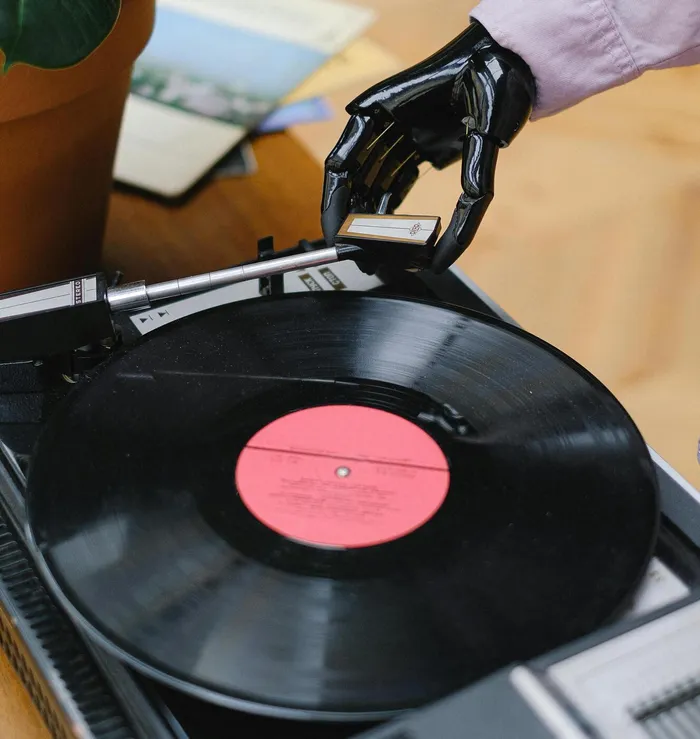AI-generated hits go viral: implications for musicians and the industry

AI-generated songs are quickly capturing widespread attention across the internet, drawing listeners, creators, and industry professionals alike into conversations about the evolving role of artificial intelligence in music creation.
Image: Pexels
AI-generated songs are rapidly gaining attention online. The question now is whether the music industry is at risk.
Earlier this week, a colleague introduced me to a song titled “Walking Away” by Sadie Winters.
What makes it notable is that it was generated entirely by artificial intelligence (AI). The song was created by YouTuber, producer and multi-instrumentalist Rick Beato using the AI tool, Suno.
Reports indicate that the lyrics and the artist persona “Sadie Winters” were generated in four seconds, with the melody and voice completed in about two minutes.
The song has drawn attention on social media. Users have commented on its quality, with some noting that they would not have recognised it as AI-generated without seeing news reports.
Other users pointed out the potential for the AI-created artist to gain a virtual following.
This is not an isolated case. In 2023, a TikTok user named ghostwriter977 produced a song called “Heart on My Sleeve”, which mimicked the voices of Drake and The Weeknd.
The song went viral, gathering over 15 million views on TikTok and hundreds of thousands of streams elsewhere, despite neither Drake nor The Weeknd being involved or aware of its creation.
Universal Music Group, which represented both artists, criticised the release and called on platforms to take legal and ethical responsibility to prevent the use of AI in ways that infringe on artists’ rights.
The debate over AI in music centres on legal and ethical responsibilities.
Fisani Nyandeni, former PR manager at Sony Music Entertainment Africa, told “Independent Media Lifestyle” that AI in the music industry is a current reality that lacks regulation.
Nyandeni raised questions about copyright implications, such as whether artists could take legal action if their voices or styles were used without permission and how ownership would work if AI created compositions independently.
At the same time, he noted that AI could also provide opportunities for artists, including methods to digitally protect their voice, style and tempo from unauthorised AI use.
Copyright and trademark law remain complex, and clear protections for artists have yet to be established.
In 2023, Drake expressed frustration with AI-generated content using his likeness, and the Universal Music Group reiterated that unauthorised AI-generated content violates copyright law and breaches agreements with digital streaming platforms.
They emphasised that the music industry must decide whether it wants to support human creators or allow deepfakes and unauthorised reproductions.
In my view, despite concerns, AI can never replace the human element in music. The emotion and intention behind a song come from the artists and producers themselves.
It is the human experience - what the artist feels, reflects on and translates into music - that connects with listeners.
Producers make choices based on the emotions and context of the song, shaping it in ways that AI cannot replicate.
While AI may assist with technical aspects of production, it cannot fully capture the human creativity, interpretation or emotional depth that drives music.
AI-generated music does not put the industry at risk. It can be a tool, but it cannot replace the human creativity, emotional insight and lived experience that artists bring to their work.
Music continues to be shaped by human hands, minds and hearts, and those elements remain central to the industry’s resilience and relevance.
Related Topics: